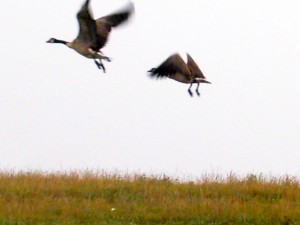
The pheasants, ducks, and geese all knew. Even the domesticated farm birds knew a large storm was heading into Iowa. Many hunters and farmers, however, were caught off guard. It was an unseasonably warm day for November. A few ducks floated on the Mississippi River but as the morning progressed more and more waterfowl landed. At first by the hundreds, then thousands, and by late morning, tens of thousands of ducks had arrived. Inland the farm fields were full of wild geese. They gathered and called to other chevrons circling above. Armistice Day, November 11, 1940, Don was thirteen. He and his younger brother were excited to have the day off from school. They spent the morning doing chores in their shirtsleeves, it was above fifty degrees outside. They could hear geese calling in the fields. The trees along the timber had pheasants roosting in them.
Around noon a friend stopped by, he'd heard the river was full of ducks and wanted the brothers to go hunting with him. The mass landing of waterfowl had hunters and farmers grabbing their guns and rushing out. Don's mother 'had a bad feeling'. Her boys had to stay home. She instructed them to get the chickens inside their coop. Instead they began playing ball. A short while later their mother came out and pointed to the trees in the chicken yard which were filled with their laying flock. The flock's behavior was alarming.
The boys started climbing after the chickens. As they climbed the birds moved higher into the top branches. The 300 laying hens were handed down, one at a time, to their two sisters and mother who waited below. By the time the hens were locked into the coop gale force winds were rushing out of the timber bringing cold rain. Soon it turned into ice. By mid afternoon heavy snow was falling, visibility was near zero.
Throughout Iowa snow drifts twenty feet high buried thousands of cattle and killed countless poultry including over a million Thanksgiving turkeys. Unprepared for the temperature plunge, hunters sought shelter on the islands along the river. The waves were too dangerous and too strong for them to get safely back to shore. By the next morning more than one hundred-fifty duck hunters had frozen to death or drowned. Hundreds more lost digits or limbs to frostbite.
The storm's aftermath forever changed farming in western Iowa. Before November 11, 1940, Iowa was a leading apple producing state, second only to Michigan. Winterset, Iowa was the birthplace of the Delicious apple. The original apple tree that produced the 'delicious' apple, originally called the 'Hawkeye' apple, propagated more than ten thousand saplings which were sent around the world for orchard production. The Armistice day storm devastated orchards in western Iowa when tremendous ice and winds brought down limbs and knocked over trees. The declining economy and threat of war made it difficult for farmers to borrow money to replace the trees. Apple trees were expensive and production would take years to return an income. Instead their ground was turned into row crop production. Corn replaced apples and fruit. By the spring of 1941 only 15% of the orchard trees in western Iowa remained.
The original 'Hawkeye' apple tree was split in two during the storm. The following spring a new sprout grew in the middle of the split. The sprout was propagated and remains in Madison County, Iowa today surrounded by a fence and a commemorative plaque.
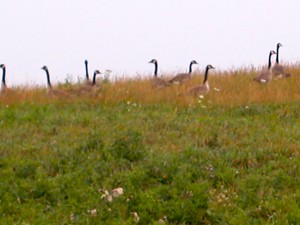
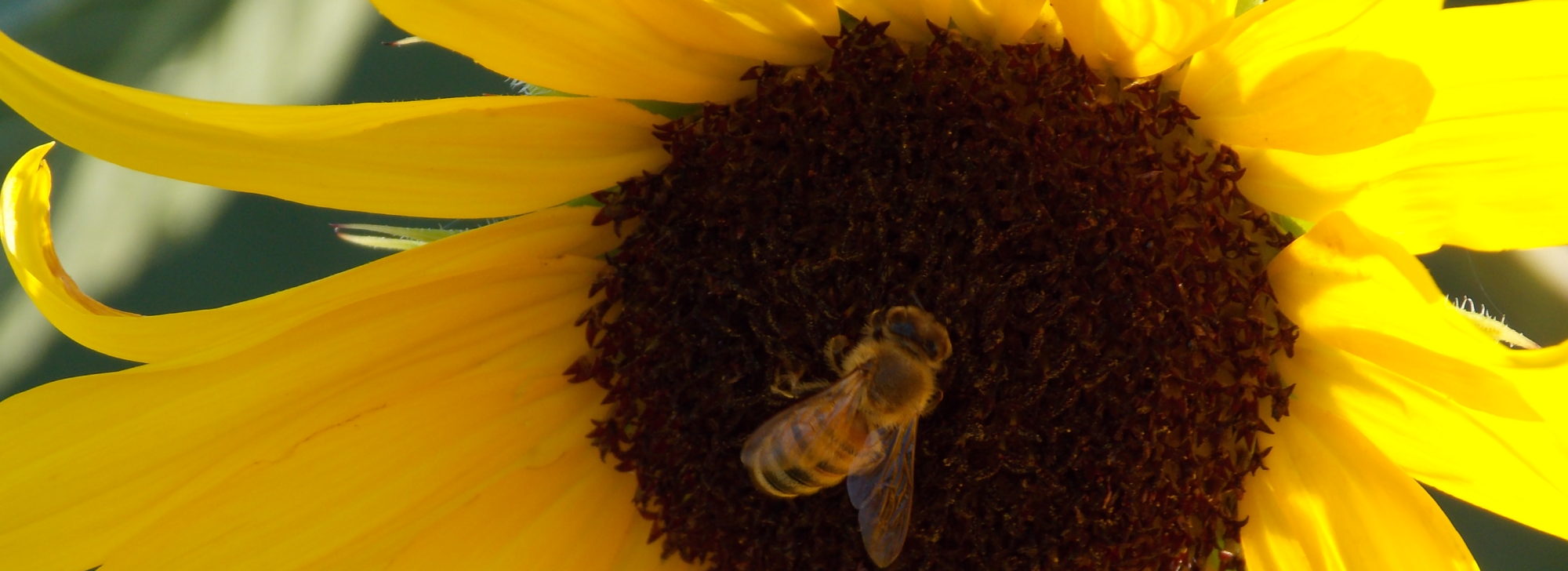
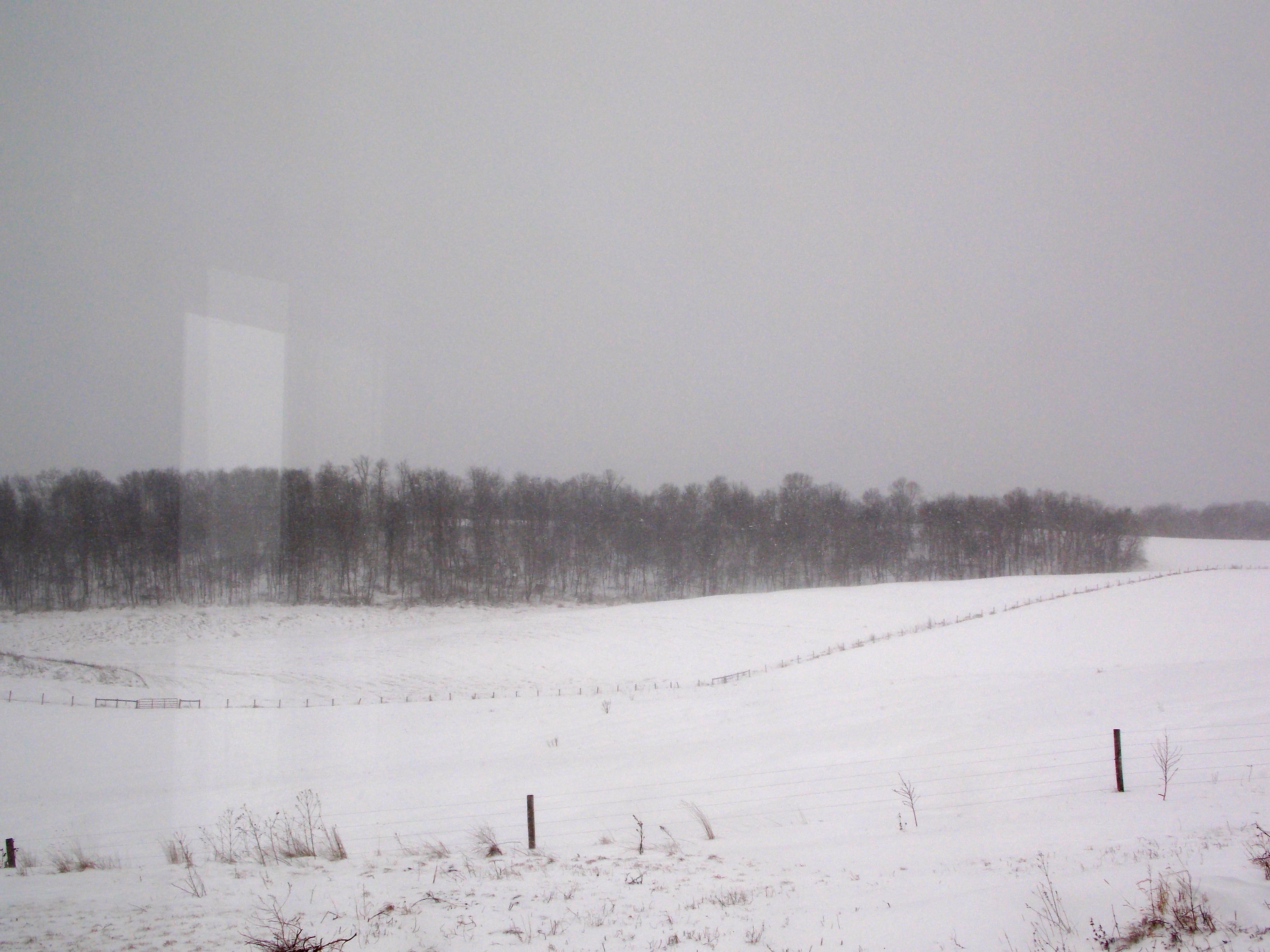
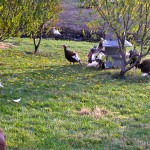
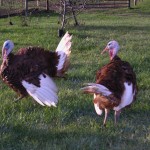
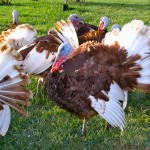
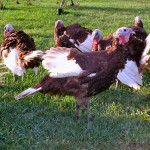


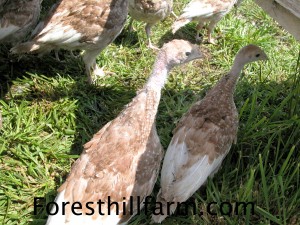
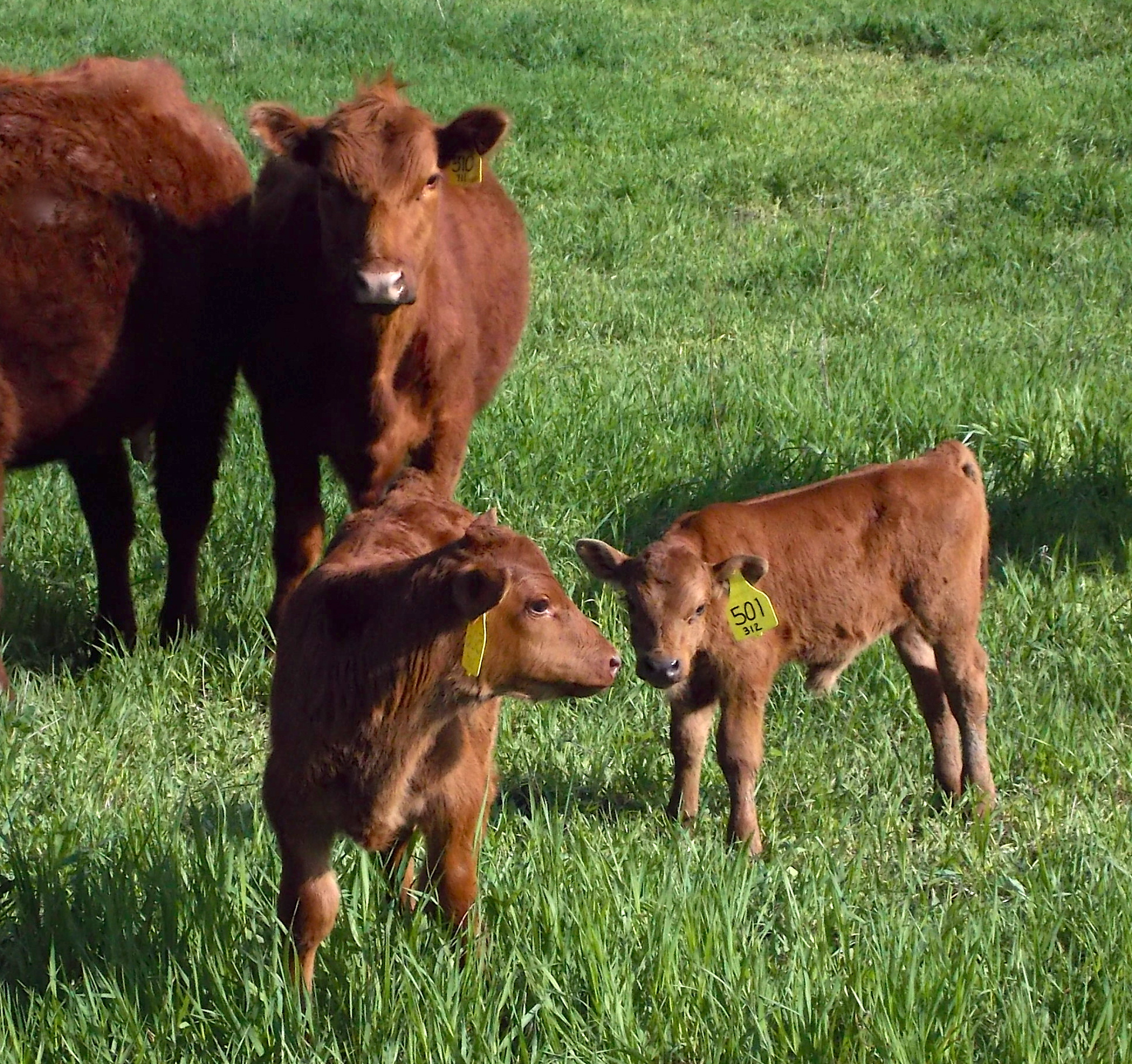
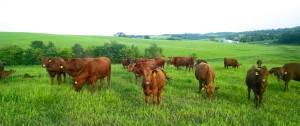 Organic Farming
Organic Farming

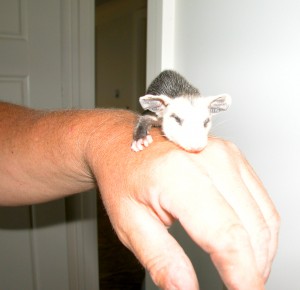

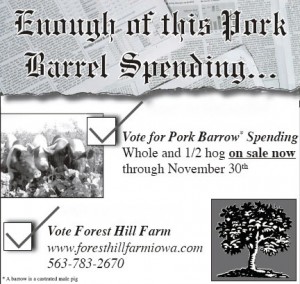 Your Right to Know
Your Right to Know